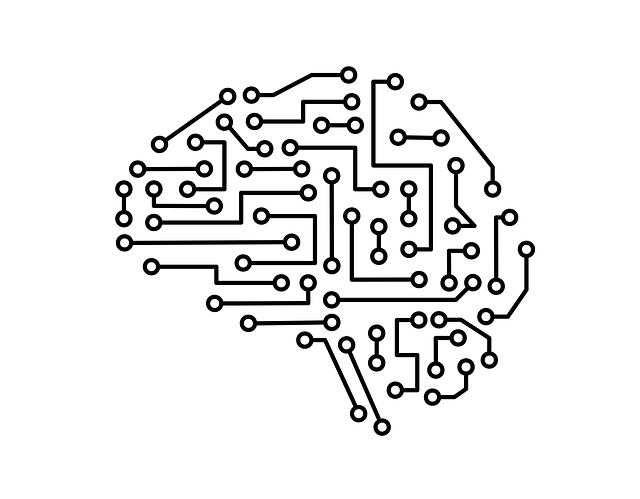A non-invasive therapy you should know about that can help children and adults with ADHD, Attention, focus, and learning difficulties:
Neurofeedback (also known as EEG Biofeedback) is recognized as a useful intervention to help adults and children learn how to manage their day to day tasks with optimum functioning. Neurofeedback is brain training intended to teaching the brain how to allocate resources differently so that you can face day-to-day challenges with your best foot forward.
Using an operant conditioning model, trained practitioners measure and assess the electrical functioning of the brain and discover how maladaptive patterns could be contributing to attention deficits, behavioral issues at home and at school or work, and learning difficulties.
Neurofeedback is best known for its efficacy in the focus and attention field. In 2012, the American Academy of Pediatrics elevated Neurofeedback therapy to a Level One intervention for the treatment of ADHD. Neurofeedback has demonstrated its effectiveness in the reduction of ADHD symptoms in conjunction with psychotherapy in several peer-reviewed research studies.
Heritage Counseling is pioneering Neurofeedback in North Texas to meet the needs of our clients. From the C-Suite to the football field, our unique approach combines the best practices of neurofeedback and biofeedback to retrain reactions, fine-tune decision-making processes, boost your performance, and improve your mental wellness. We invite you to reach out for a free Neurofeedback consultation today.
Linked below are several articles that substantiate Neurofeedback as an effective option for ADHD:
Arns, M., de Ridder, S., Strehl, U., Breteler, M., & Coenen, A. (2009). Efficacy of neurofeedback treatment in ADHD: The effects on inattention, impulsivity and hyperactivity: A meta-analysis. Clinical EEG and Neuroscience, 40(3), 180-189.
https://www.ncbi.nlm.nih.gov/pubmed/19715181
Micoulaud-Franchi, J-A., Geoffroy, P. A., Fond, G., Lopez, R., Bioulac, S., Philip, P. (2014). EEG neurofeedback treatments in children with ADHD: An update meta-analysis of randomized controlled trials. Frontiers in Human Neuroscience, 8(906), 1-7.
Steiner, N. J., Frenette, E. C., Rene K. M., Brennan, R. T., & Perrin, E. C. (2014). In-school neurofeedback training for ADHD: Sustained improvements from a randomized control trial. Pediatrics, 133(3), 483-492. doi: 10.1542/peds.2013-2059.
https://www.ncbi.nlm.nih.gov/pubmed/25431555
Wigton, N. L., & Krigbaum, G. (2015). Attention, executive function, behavior, and electrocortical function, significantly improved with 19-channel z-score neurofeedback in a clinical setting: A pilot study. Journal of Attention Disorders, [e-pub ahead of print].
https://www.ncbi.nlm.nih.gov/pubmed/25823743
Coben, R., Wright, E. K., Decker, S. L., & Morgan, T. (2015). The impact of coherence neurofeedback on reading delays in learning disabled children: A Randomized controlled study. NeuroRegulation, 2(4), 168-178. doi:10.15540/nr.2.4.168
http://www.neuroregulation.org/article/view/15893/10087
Wigton, N. L., & Krigbaum, G. (2015). Attention, executive function, behavior, and electrocortical function, significantly improved with 19-channel z-score neurofeedback in a clinical setting: A pilot study. Journal of Attention Disorders, [e-pub ahead of print].

